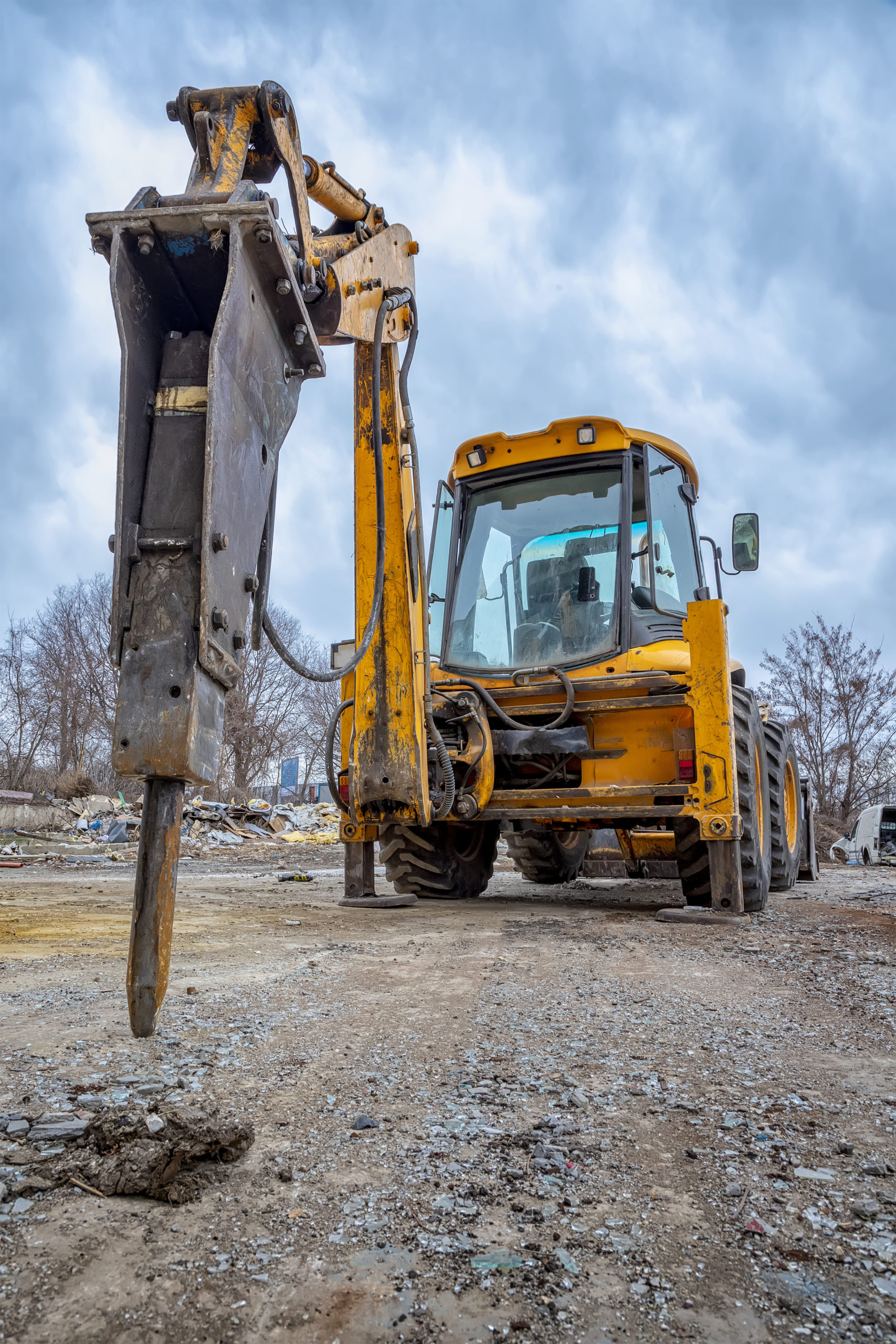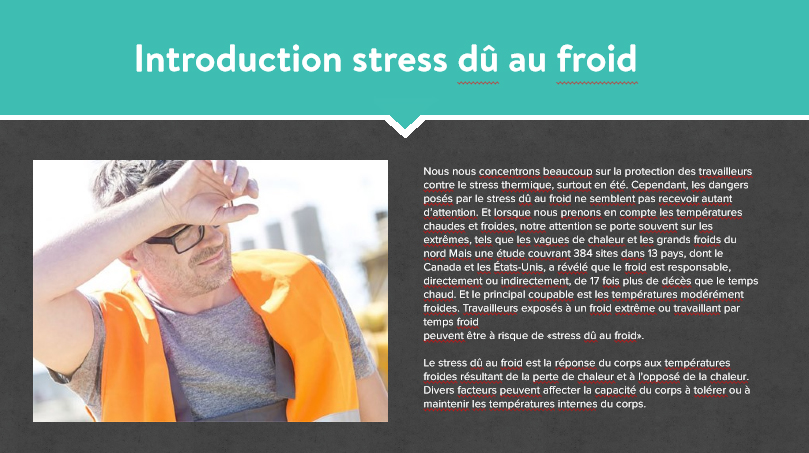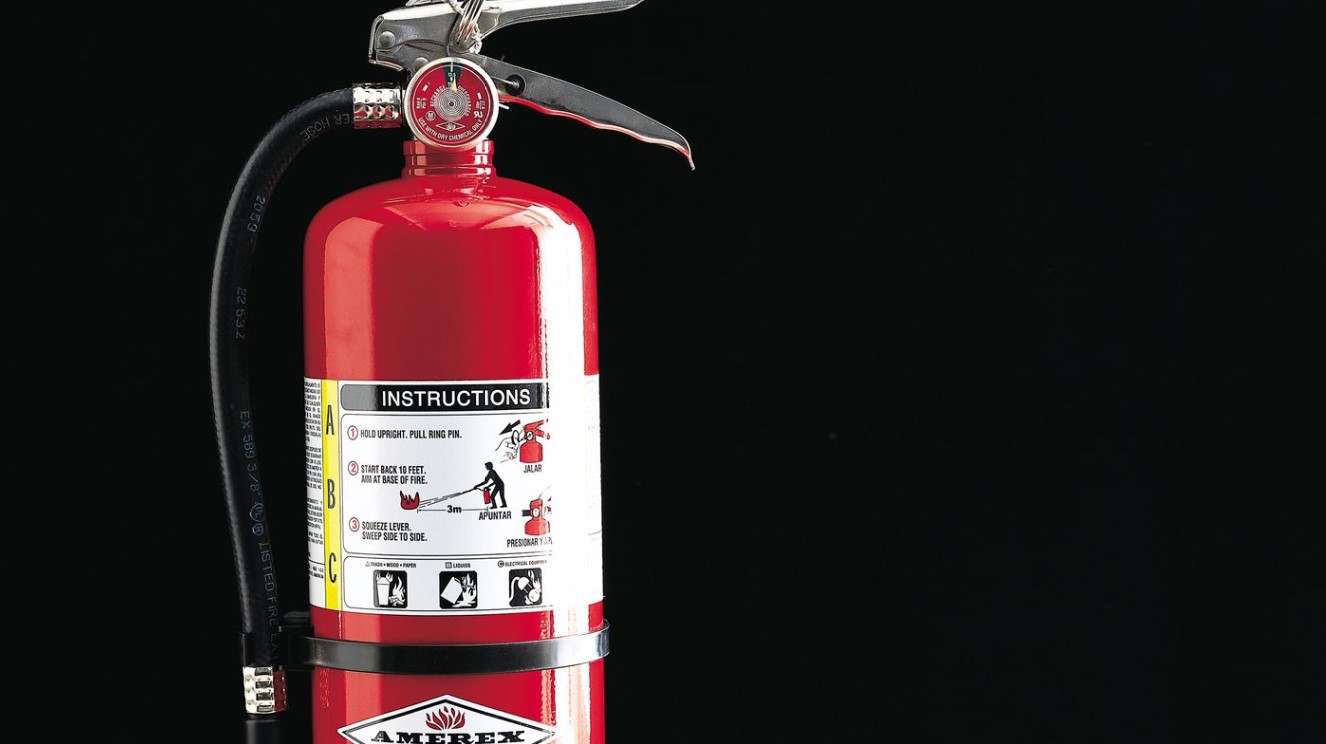-


Learning Objectives
- Describe the basic principle of hydraulics
- Explain the effect air can have on hydraulic systems
- Identify five components common to most hydraulic systems
- Describe two key considerations that must be taken into account when selecting a hydraulic pump
- Identify the two most common types of hydraulic circuits
-
Sale!

 The costs of substance abuse are high. Upon completion, the learner will be able to identify issues of substance abuse, signs and symptoms of substance abuse, best practices for internal reporting, and requirements for a Drug-Free Workplace program.
The costs of substance abuse are high. Upon completion, the learner will be able to identify issues of substance abuse, signs and symptoms of substance abuse, best practices for internal reporting, and requirements for a Drug-Free Workplace program. -

 This course will teach basic emergency response information and key response planning tools. Although it will not make you a professional first-responder, it will help you deal with an emergency if you are at the scene. You will be taught skills on proactive actions that can be taken when danger is imminent, such as calling the authorities, isolating the hazard, establishing protocols for saving lives, and more. You do not need to know how to eliminate the potential for emergencies, but you do need to know how to reduce the potential for devastating emergencies by establishing proper reaction procedures.
This course will teach basic emergency response information and key response planning tools. Although it will not make you a professional first-responder, it will help you deal with an emergency if you are at the scene. You will be taught skills on proactive actions that can be taken when danger is imminent, such as calling the authorities, isolating the hazard, establishing protocols for saving lives, and more. You do not need to know how to eliminate the potential for emergencies, but you do need to know how to reduce the potential for devastating emergencies by establishing proper reaction procedures. -

 In this course, you will learn about infectious illnesses, how they spread, and how you can prevent transmission at your work site. Keep watching to understand what an infectious illness is, who is susceptible to transmitting the bacteria in these illnesses, and how you can control and prevent the spread of these diseases to protect your employees, customers, and visitors.
In this course, you will learn about infectious illnesses, how they spread, and how you can prevent transmission at your work site. Keep watching to understand what an infectious illness is, who is susceptible to transmitting the bacteria in these illnesses, and how you can control and prevent the spread of these diseases to protect your employees, customers, and visitors. -

 Slips, trips & falls are the 2nd leading cause of workplace deaths. They are also the leading cause of workplace accidents with over 200,000 reported every year. This course will cover what safety laws say about slips, trips & falls, what hazards to look out for and how you can avoid slips, trips and falls when you work. (French Version)
Slips, trips & falls are the 2nd leading cause of workplace deaths. They are also the leading cause of workplace accidents with over 200,000 reported every year. This course will cover what safety laws say about slips, trips & falls, what hazards to look out for and how you can avoid slips, trips and falls when you work. (French Version)














